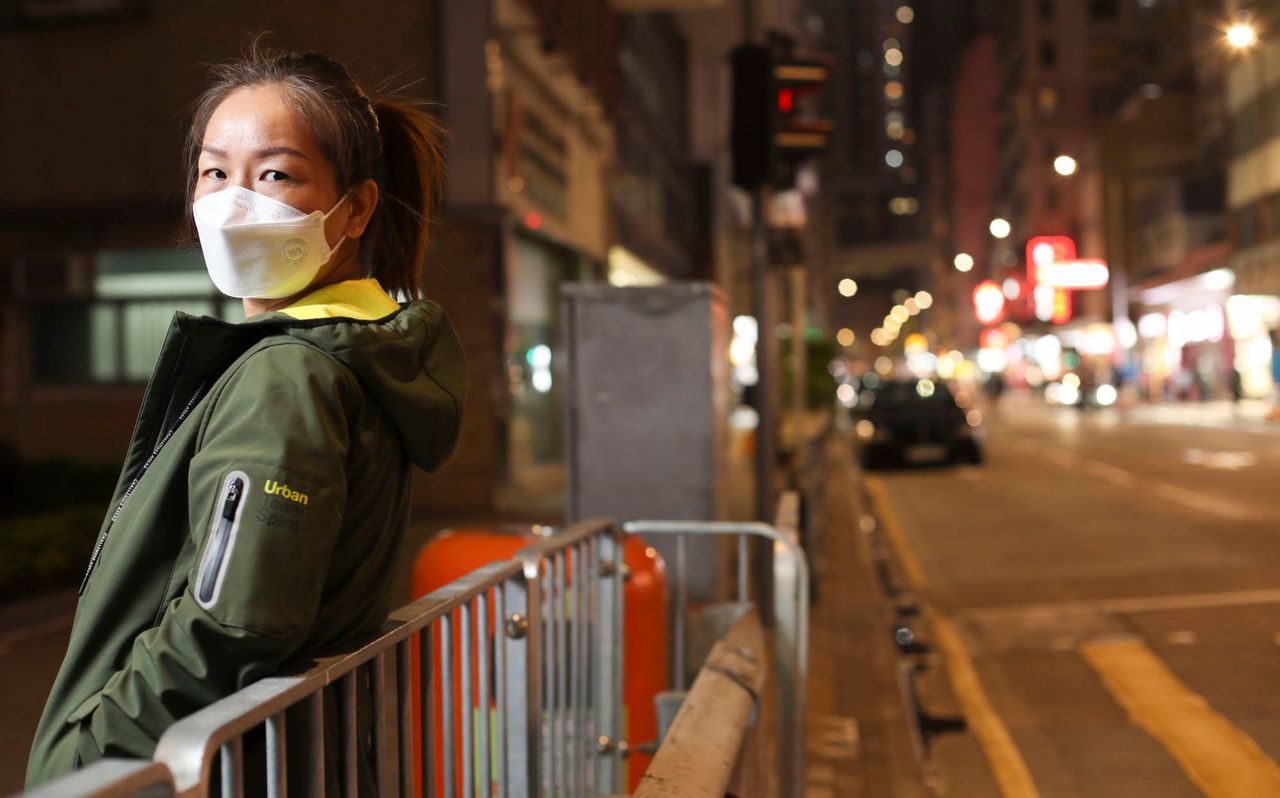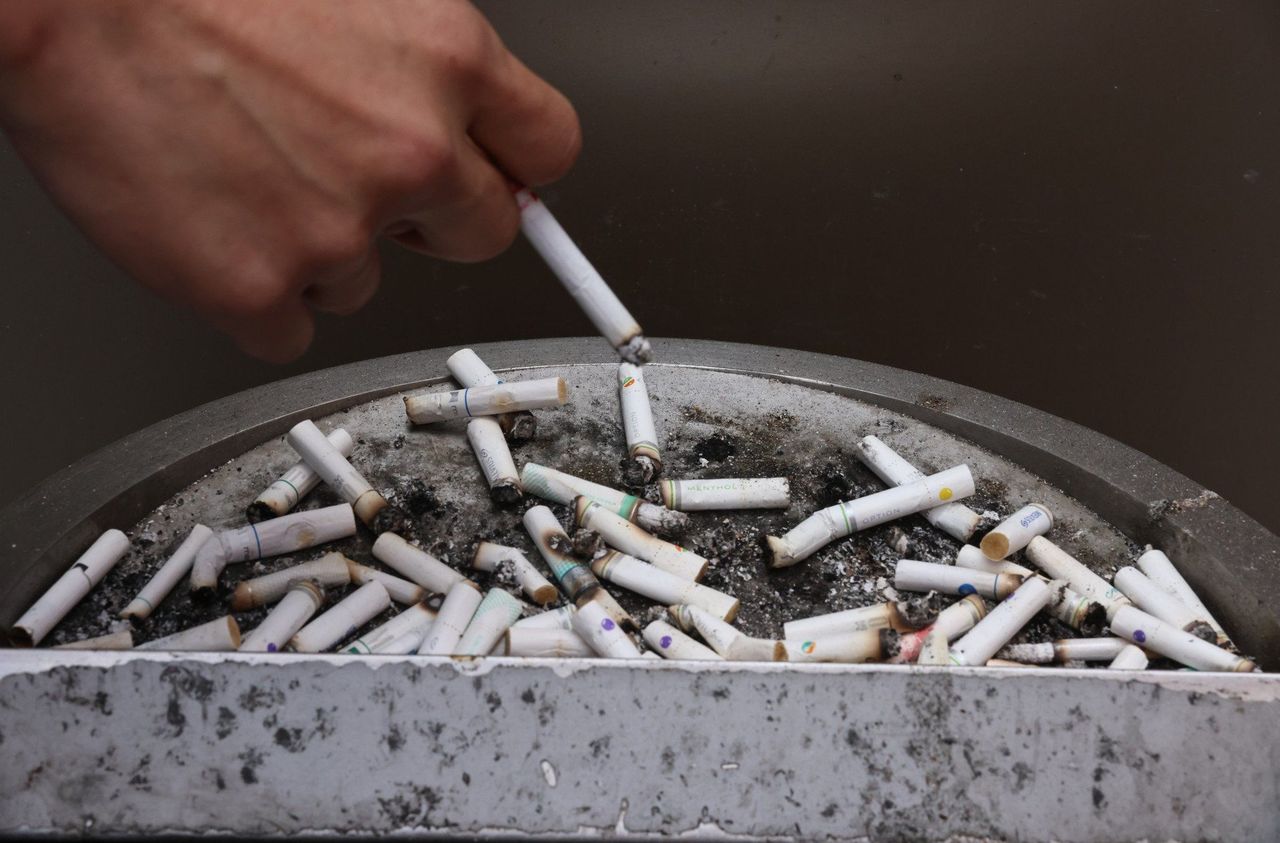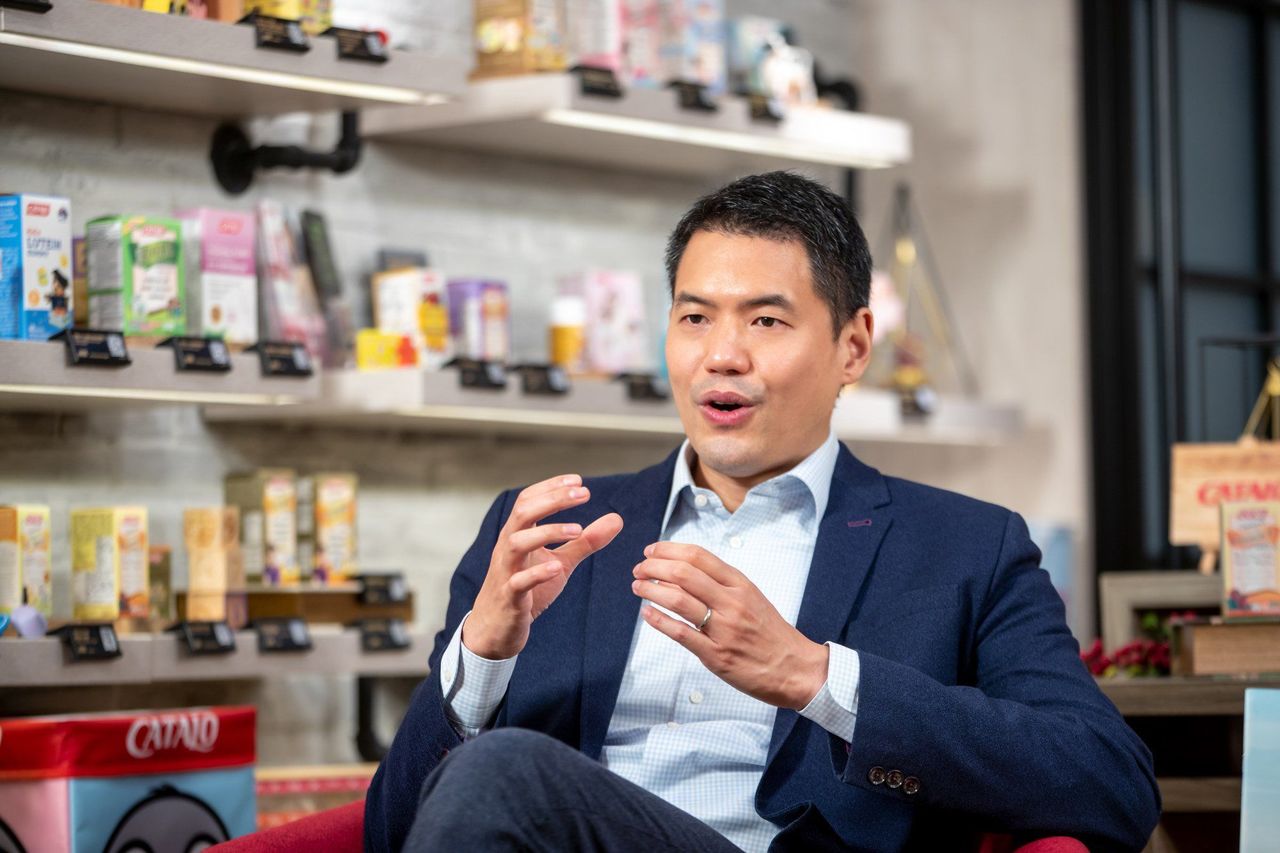Hong Kong News

Smokers fume, but some relief for needy: what Hongkongers think of budget
Financial Secretary Paul Chan Mo-po floated a basket of sweeteners in his budget on Wednesday to boost the economy and sentiment, ranging from a fresh round of consumption vouchers, stamp duty concessions for first-time homebuyers and tax breaks, to local events and perks under a “Happy Hong Kong” campaign.
The government also increased its take from sin taxes by hitting smokers with higher tobacco duty and charging an annual special betting levy of HK$2.4 billion (US$307.7 million) a year on the Hong Kong Jockey Club for the next five years.
Hongkongers welcomed some of the measures – but wanted more.
The Post spoke to smokers, low-income families, homebuyers and industrialists to gauge their views on the budget and how the policies may affect their life choices.
Sigh of relief for low-income families
For single mum Chen Junqi, consumption vouchers mean a sigh of relief, more social activities and extra pocket money for her children.
The mother of two teenagers, who works in a home for the disabled, spent most of her earlier issued electronic consumption vouchers in supermarkets.
“I could finally afford to buy groceries without waiting for prices to drop to their lowest,” Chen said.
She added the vouchers issued earlier had allowed her to dine out with friends a few times and the new ones would let her treat her children to a buffet meal.
 Single mother Chen Junqi.
Single mother Chen Junqi.
Chen said she could also afford to give an extra HK$200 each to her 14-year-old son and 17-year-old daughter as pocket money.
“I would usually ask my children why the usual amount of pocket money wasn’t enough before I gave them any more to spend. With the consumption vouchers, I could give them more. I just wanted to cheer them up – they know how frugal I usually am,” Chen said.
She said she had hoped for a HK$10,000 handout this year.
“I hope it can be disbursed in cash so I could use it to pay rent, or just to spend it more flexibly without a time limit,” she added.
No cigarette breaks for smokers
Michael Lam*, 27, who has smoked for seven years, said he would not quit the habit even after the tax on cigarettes was increased in the budget.
Lam said he could finish a HK$62 pack of 20 cigarettes in around two to three days. But from Wednesday, the cost went up to HK$74.
“I am not trying to glorify smoking. I know it is bad, but it is emotional support to me which helps me soldier on during the darkest hours in my life,” Lam, who works in music production, said.
He also predicted some might resort to cheaper black market cigarettes instead of quitting.
 The price of a pack of cigarettes gas risen by HK$12.
The price of a pack of cigarettes gas risen by HK$12.
A 73-year-old retiree named Lam, who said he spent about HK$2,000 a month on cigarettes before the increase, said he might smoke less to save money.
He said he smoked to help pass the time, despite his doctor’s advice to stop for health reasons.
“I find it difficult to quit smoking, so I can only smoke less,” he said.
The smoker, who started aged 17, said he might cut down from eight to three cigarettes a day because of the tax increase.
Saving HK$60,000 for home price
With plans to purchase a 500 sq ft flat with her fiancé by October, a 28-year-old marketing officer surnamed Chan predicted the couple could buy their new home 1½ months earlier than planned after a lower ad valorem stamp duty was included in the budget.
The couple would only have to pay an ad valorem tax of HK$240,000 because of the change, HK$60,000 less than expected, on a property valued at HK$8 million.
“It is better than nothing as it is not a big amount compared with the property price itself,” she said. “We can buy our flat earlier but, of course, it still depends on whether the property price will go up.”
Chan added that the couple had saved around HK$40,000 a month for the past year towards their new home.
 Calvin Chan, chairman and CEO of health supplements manufacturer Catalo.
Calvin Chan, chairman and CEO of health supplements manufacturer Catalo. More business funding wanted
Calvin Chan Ka-wai, chairman and CEO of health supplements manufacturer Catalo, said the budget did not do enough to restore industry to prime condition.
Chan said the government’s Innovation and Technology Commission granted HK$9 million (US$1.14 million) in funding from its re-industrialisation scheme to the company in March last year, but the amount only covered a third of its new machinery costs.
“We estimated we would invest HK$100 million in a smart production facility, but the funding was not enough. The utilisation rate of the scheme is still low,” said Chan, who is also vice-president of the Chinese Manufacturers’ Association of Hong Kong.
“We also paid a few million Hong Kong dollars to the Hong Kong Productivity Council to make sure all the steps of the application and setting up the smart production line were proper.”
Chan appealed to the government to lower the application threshold for the scheme for other small and medium-sized enterprises.
*Name changed at interviewee’s request.











